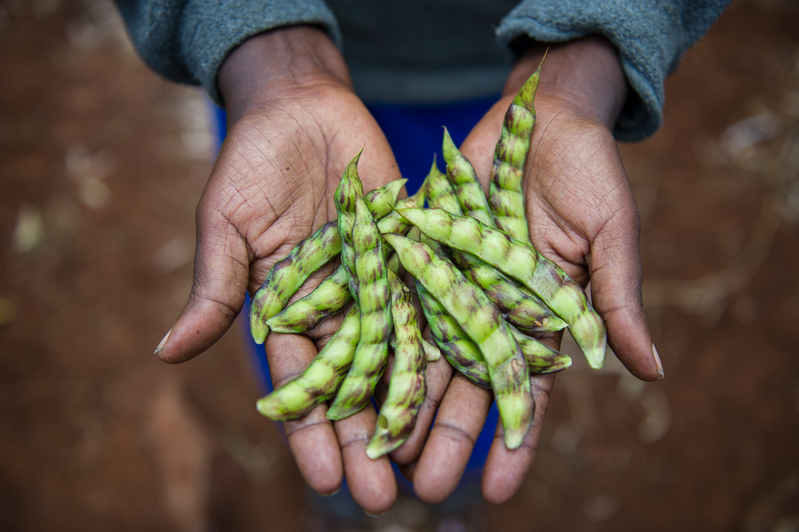The world is ailing. COVID-19 has got humanity worried about it’s survival. Jointly the world has come together exploring measures and developing mechanisms necessary to overcome the threat posed by COVID-19. Putting on face masks and frequent hand washing has become a global norm. It is obvious that since the outbreak of COVID-19, societies have focused on achieving survival by avoiding contracting and the spread of the virus. However, the COVID-19 pandemic has shown the world that business as usual is not working. Communities are learning to live differently.
Single-use plastics have been troubling the world since the advent of plastic materials. But it is frustrating in the last couple of months to see communities go back on the commitments they had put in place to challenge the plastic crisis especially single-use plastics. For instance, African countries have been on the forefront on instituting bans on single-use plastic materials. Out of 54 states, 34 have either passed a law banning plastics and implemented it or have passed a law with the intention of implementation. In 2017 Kenya saw a ban on single-use plastic carrier bags. Recently, the president passed a directive banning use of single-use plastic materials in all protected areas. This is seen as a step in the right direction in the struggle to rid communities of plastic threats.
In contrast, it is discouraging that recently our rivers and communities are getting filled with single-use plastic face masks and clinical waste. Although face masks and observing sanitary measures such as regular hand washing play an important role in preventing infection and spread of COVID-19, the use and disposal of single-use face masks and clinical waste plastic materials has subjected communities to yet another challenge.
Studies confirm that plastic materials take a long time to degrade. And even those plastic materials that degrade only break apart into smaller pieces that eventually become microplastics. Scientists have found out microplastics to absorb other pollutants and some infiltrate into food chains. For instance, microplastics have been found in marine organisms, in human foods and even in bottled water. This shows that once disposed in the environment, plastic materials spend quite a significant amount of time in our systems.
COVID-19 pandemic is teaching the world to embrace a communal way of life. For example, less travel, working from home and purchasing locally. These lessons need to inform societies’ new way of interacting and life. Plastic industry lobbyists have seized the opportunities presented by COVID-19 pandemic to push for use of plastic materials as a safety measure to avoid contamination. The lobbyists are utilising the COVID-19 challenges to sneak back single-use plastic materials in communities that had taken a stance to solve the challenges presented by plastic pollution. But, not long ago 125 health experts came out to confirm that reusables are safe during COVID-19 pandemic.
To heal our communities of the challenges presented by both COVID-19 and the re-emergence of plastic waste, it is important that we pick lessons and choose positives from this pandemic. Historically, solutions that have been presented by industry lobbyists have focused on profits instead of people’s well-being. It is time to focus on well-being. After the government of Kenya imposed a ban on single-use plastic carrier bags, communities inspired by traditional African values quickly organized to innovate solutions to the challenge of plastic waste. Women groups and youth initiatives developed reusable bags to replace the troubling single-use plastics.
It is time to move away from ideas presented by industry lobbyists and focus on true healing. This means embracing use of reusable materials to protect ourselves from contracting and spreading COVID-19. Single-use plastic materials that have littered our communities since the emergence of COVID-19 is another challenge that calls for collective efforts to overcome.
These single-use plastic materials pose a threat to livelihoods, environment and health. They are a hazard to our well-being. This is the time to utilise lessons that COVID-19 has presented to build a future that we have been dreaming about. A future supported by pillars of solidarity. Together, there is a huge opportunity of phasing out the once throwaway model that has troubled the world for a long time. And, co-create a model that is shaped by re-using and re-filling. Eliminating unnecessary and problematic products and materials promoted by profit instead of well-being will form a starting point for re-building and providing lasting solutions to challenges presented by the culture of consumerism. This calls for collaborative efforts. Together, humanity is capable of acting to overcome COVID-19 and threats presented by single-use plastics.
 Get Involved
Get Involved
